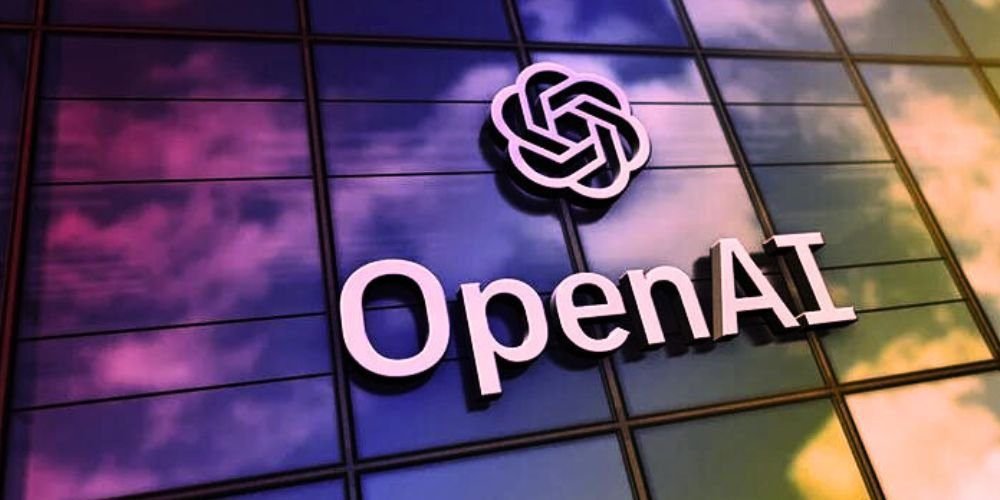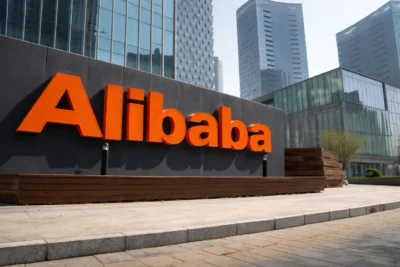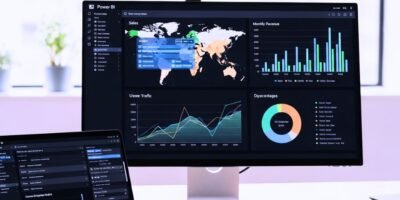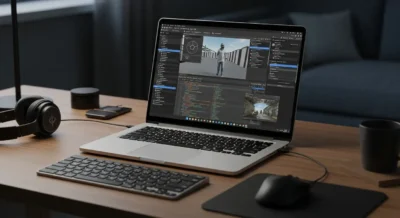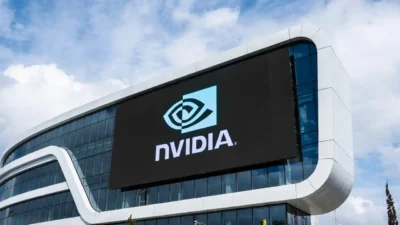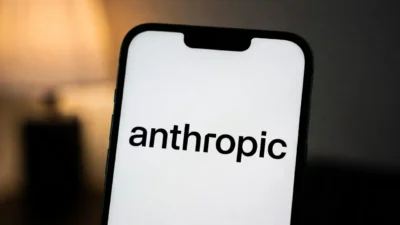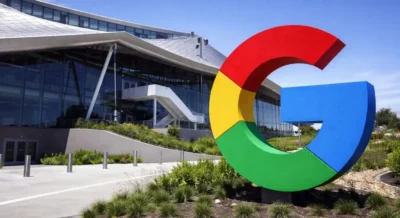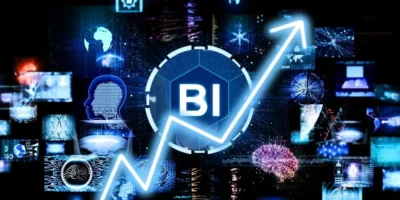Elon Musk’s artificial intelligence company, xAI, has launched a significant legal challenge against tech giants Apple and OpenAI, accusing them of engaging in anti-competitive behavior to maintain their dominance in the burgeoning AI sector. The lawsuit, filed in a Texas federal court, alleges a conspiracy to deliberately restrict competition, preventing companies like xAI from effectively reaching consumers. xAI claims that Apple’s App Store policies, particularly its exclusive deal with OpenAI, have created an uneven playing field, hindering the visibility and accessibility of its own apps, X and Grok. The lawsuit specifically argues that without the OpenAI exclusivity deal, Apple would have no justifiable reason to suppress the prominence of xAI’s offerings on its App Store.
Central to xAI’s complaint is the assertion that Apple and OpenAI’s actions have illegally locked up market share, preventing innovation and harming consumers. The lawsuit seeks billions of dollars in damages to compensate for the alleged harm caused by this alleged anti-competitive conspiracy. This move escalates Musk’s ongoing feud with OpenAI, a company he co-founded before departing. He sepis separatelyrsuing legal action in California against OpenAI’s transition from a non-profit to a for-profit entity. The current lawsuit represents another front in Musk’s broader strategy to challenge the established power structures within the technology industry.
OpenAI responded to the lawsuit by characterizing it as part of a larger pattern of harassment by Musk. Apple has yet to issue a formal response. The lawsuit highlights the growing concerns surrounding the potential for monopolies in the rapidly evolving AI landscape. Apple’s App Store practices have been subject to considerable scrutiny in the past, including an ongoing legal battle with Epic Games concerning app payment options. This new legal action by xAI promises to fuel further debate about the fairness and competitiveness of the app store ecosystem and the broader implications for innovation in the AI sector.
The lawsuit underscores the escalating tensions between established tech giants and emerging competitors in the fiercely competitive AI market. The outcome of this case could significantly impact the future of AI development and market dynamics.

